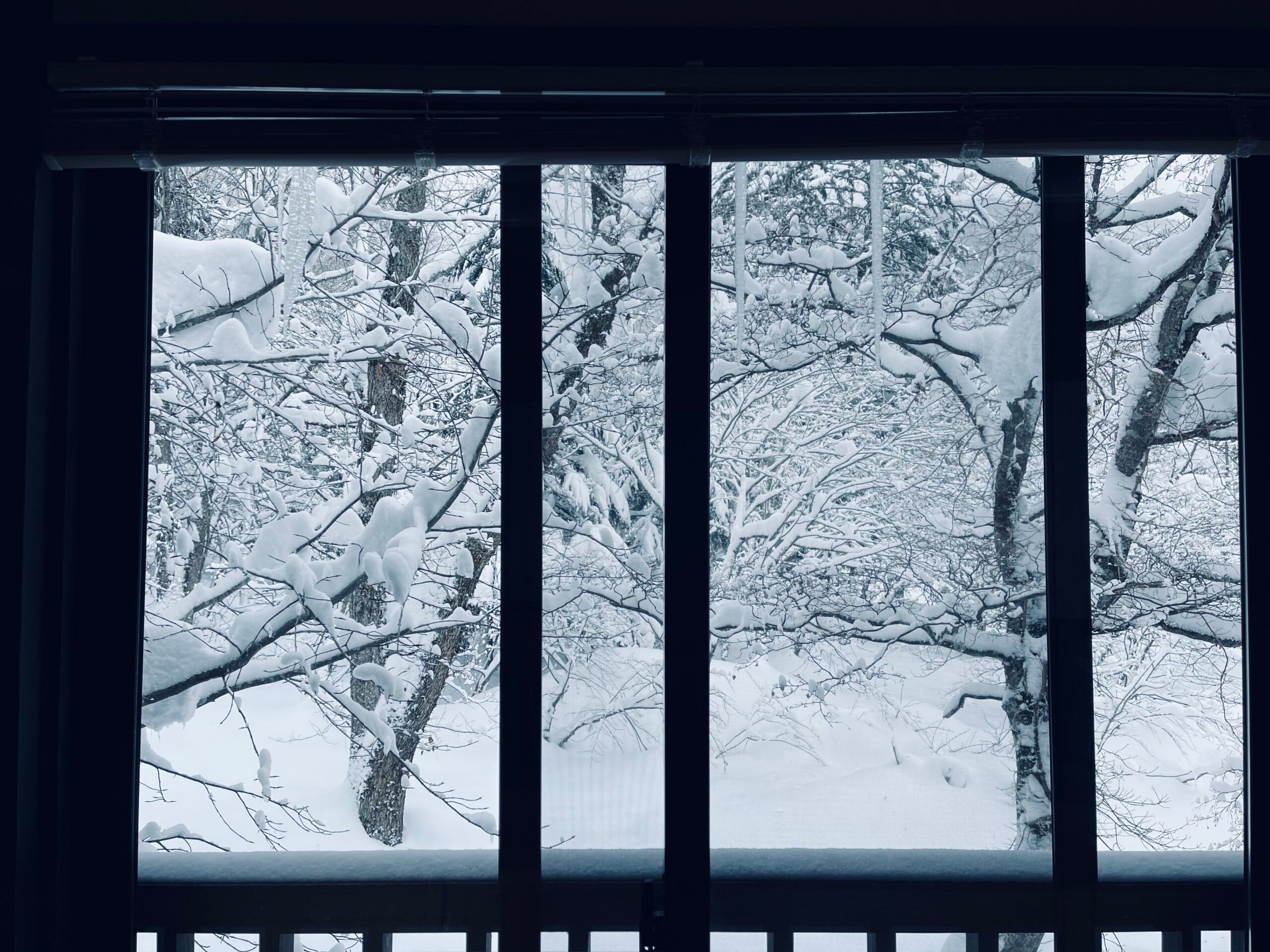The winter season casts a snowy, picturesque spell, but property managers know it also brings unique challenges. Snow, ice, and freezing temperatures can create hazards and discomfort for tenants. How can you keep your rental properties safe and cozy? Proper property management ensures essential winter safety measures are implemented. These steps will protect tenants and prevent accidents and costly repairs during the chilly season.
Snow-Free Pathways: Ensuring Safe Walkways for Tenants
Clearing away snow and ice is a top priority for tenant safety. Develop a snow removal plan, assign responsibilities, and stick to schedules. Regularly plow high-traffic areas, applying de-icing agents to minimize slippery surfaces. Prioritize walkways, entry points, and parking lots to reduce accident risks.
Heating System Heroes: Maintenance for Warmth & Comfort
Prepare heating systems well before winter’s arrival. Schedule professional inspections to detect and fix potential problems. Encourage tenants to change furnace filters regularly and adjust thermostats to the right temperature to prevent frozen pipes. Effective heating not only keeps tenants cozy but also safeguards your property.
Winter-Proof Insulation: Banishing Cold Drafts
Inspect the insulation in rental units to maintain consistent temperatures and eliminate drafts. Seal gaps and reinforce weak points to prevent drafts that might lead to chilly conditions. Proper insulation saves on heating costs and ensures tenant comfort.
Guiding Light: Illuminating the Pathways
Winter’s shorter days require excellent exterior lighting. Guarantee that all exterior areas—walkways, parking lots, and staircases—are well-lit for safe navigation. Regularly replace bulbs to maintain maximum visibility.
Life-Saving Detectors: Smoke & Carbon Monoxide Safety
Test and replace smoke and carbon monoxide detectors as needed. These devices are essential year-round but are particularly crucial during winter when heating systems are in constant use. Regular maintenance and battery changes should be part of your property management routine.
Winter-Ready Emergency Kits: Tenant Preparation
Educate tenants about emergency procedures and provide them with emergency contact information. Encourage them to prepare winter emergency kits, including flashlights, batteries, blankets, and non-perishable food items. A well-prepared tenant is better equipped to handle winter-related emergencies.
Prevent Frozen Nightmares: Pipe Insulation & Winterization
Frozen pipes can lead to expensive repairs and water damage. Insulate exposed pipes in basements, crawl spaces, and attics to prevent freezing. Advise tenants to let faucets drip during extreme cold to maintain water flow and avoid pipe bursts. Offer guidance on properly winterizing their units if they plan to be away during the winter months.
Draft-Free Homes: Window & Door Sealing Secrets
There is nothing worse than feeling a sudden chill in a space. Check windows and doors for drafts and seal any gaps with weatherstripping or caulk. Proper sealing not only keeps the cold air out but also reduces heating costs for tenants. Encourage tenants to use draft stoppers at entry doors to prevent drafts from entering their units.
Snow Removal Pros: Hiring Snow Removal Services
If you cannot get rid of the snow yourself, consider hiring professional snow removal services for efficient snow removal. Contracts with reputable providers ensure timely and thorough snow clearance, ensuring your rental property remains safe and accessible during winter.
Open Channels: Transparent Tenant Communication
Promote open communication with tenants regarding winter safety measures and property maintenance expectations. Distribute winter safety guidelines, emergency contact information, and reminders about snow removal responsibilities. Encourage tenants to report safety concerns or maintenance issues promptly.
Insurance Vigilance: Adequate Coverage for Winter Risks
Review your property insurance coverage to ensure it’s sufficient for winter-related risks. Understand your policy’s coverage for property damage caused by extreme weather events and consider additional coverage if necessary. Adequate insurance protection can provide peace of mind during unexpected winter incidents.
Routine Property Check-Ups: Preventing Winter Woes
Regular property inspections are crucial to identifying and addressing potential safety hazards. Look for issues like damaged roof shingles, loose siding, or malfunctioning heating systems. Prompt repairs and maintenance help prevent accidents and protect your investment.
Winter safety measures are essential to property management during the colder months. By proactively addressing issues such as snow removal, heating system maintenance, insulation, lighting, and emergency preparedness, property managers can ensure the well-being of their tenants and safeguard their rental properties. A winter of safety and comfort enhances tenant satisfaction, maintains property value, and earns the trust of both current and prospective renters.

